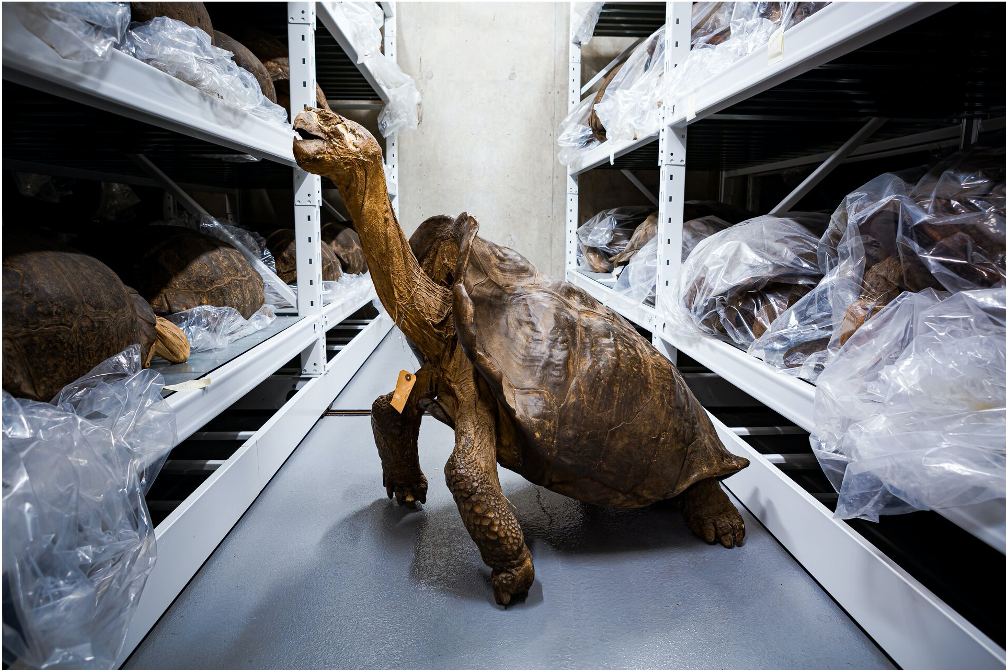‘Fantastic’ giant tortoise believed extinct for a century found alive in the Galápagos
Scientists analysed DNA from a museum specimen and compared it to the tortoise that was found on Fernandina Island
Your support helps us to tell the story
From reproductive rights to climate change to Big Tech, The Independent is on the ground when the story is developing. Whether it's investigating the financials of Elon Musk's pro-Trump PAC or producing our latest documentary, 'The A Word', which shines a light on the American women fighting for reproductive rights, we know how important it is to parse out the facts from the messaging.
At such a critical moment in US history, we need reporters on the ground. Your donation allows us to keep sending journalists to speak to both sides of the story.
The Independent is trusted by Americans across the entire political spectrum. And unlike many other quality news outlets, we choose not to lock Americans out of our reporting and analysis with paywalls. We believe quality journalism should be available to everyone, paid for by those who can afford it.
Your support makes all the difference.A giant tortoise that was long believed extinct has been confirmed alive on the Galápagos islands in an extraordinary discovery.
The tortoise, named Fernanda after her Fernandina Island home, is the first of her species identified in more than a century.
The existence of the Fernandina Island giant tortoise – or the “fantastic giant tortoise” as it is also known – was discovered in 1906 when a single specimen was collected.
In 2019, a new discovery of an unusual female tortoise living on the island hinted to scientists that the species lived on. They had to sequence the tortoise’s entire genome and compare it with the original specimen to confirm that the species was in fact not extinct.

Princeton geneticist Stephen Gaughran successfully extracted DNA from the 1906 specimen and confirmed that the living Fernanda and the 1906 tortoise were members of the same species and genetically distinct from all other Galápagos tortoises.
“Like many people, my initial suspicion was that this was not a native tortoise of Fernandina Island,” Mr Gaughran said.
Describing his discovery, he added: “We saw, honestly to my surprise, that Fernanda was very similar to the one that they found on that island more than 100 years ago, and both of those were very different from all of the other islands’ tortoises.”
The tortoise earned it’s “fantastic” status because of the extraordinary shape of the males’ shells, which have extreme flaring along the outer edge. Fernanda, the newly discovered animal, is estimated to be well over 50 years old but small for her age, possibly because the limited vegetation on the island stunted her growth.
A senior author on the paper that revealed the new species, Adalgisa Caccone, said: “The finding of one live specimen gives hope and also opens up new questions, because many mysteries still remain.
“Are there more tortoises on Fernandina that can be brought back into captivity to start a breeding programme? How did tortoises colonise Fernandina, and what is their evolutionary relationship to the other giant Galápagos tortoises? This also shows the importance of using museum collections to understand the past.”
A trickle of compelling evidence had indicated that giant tortoises might still live on Fernandina Island, an active volcano in the Galápagos.
More recently, tracks of at least two or three other tortoises were found during expeditions on the island.




Join our commenting forum
Join thought-provoking conversations, follow other Independent readers and see their replies
Comments